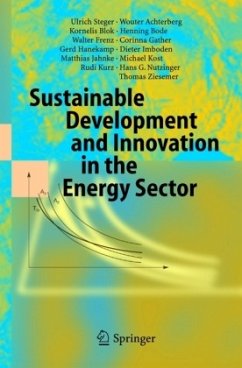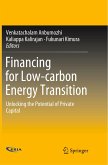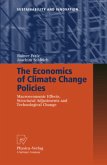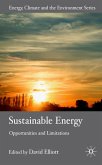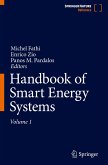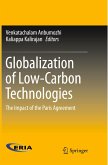Explores how these conflicting scenarios could be reconciled; how can we shape a more sustainable energy system from the existing one; and possible technological progress and innovations to enable a brighter future.
Addresses the reality that there exists no consensus on the extent to which innovations can really contribute to reconciling ever-growing energy consumption, availability of resources and the environment, and the structural demands on any energy system.
Offers and explains a four-point strategy:
Energy should according to its importance regain a top priority in the political arena; higly targeted subsidies should be given for a limited amount of time to speed up the market introduction of energy-efficient and regenerative techniques in analogy to the 'Dutch model'; Negotiated agreements and unilateral self-commitments can subsequently ensure further market diffusion of sustainable energy innovations.; the basic research in energy should not be diminished but intensified instead
Addresses the reality that there exists no consensus on the extent to which innovations can really contribute to reconciling ever-growing energy consumption, availability of resources and the environment, and the structural demands on any energy system.
Offers and explains a four-point strategy:
Energy should according to its importance regain a top priority in the political arena; higly targeted subsidies should be given for a limited amount of time to speed up the market introduction of energy-efficient and regenerative techniques in analogy to the 'Dutch model'; Negotiated agreements and unilateral self-commitments can subsequently ensure further market diffusion of sustainable energy innovations.; the basic research in energy should not be diminished but intensified instead

